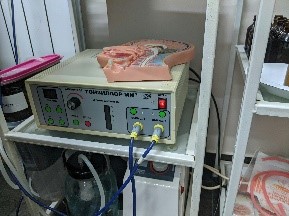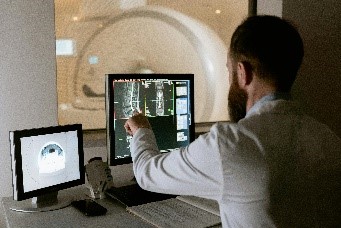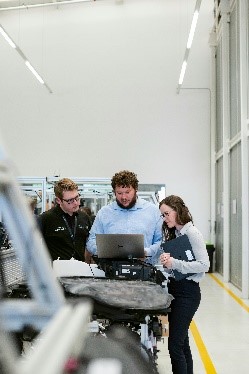Interdisciplinary Expertise: Integration of knowledge from medical device design, standards and validation of medical devices and implants and AI in healthcare to develop solutions for real-world medical challenges.

Industry-Integrated Learning: Experiential learning in collaboration with national and international medical professionals, researchers, and industry experts, with opportunities for mentorship and networking.

High-Tech Careers: Develop marketable and entrepreneurial skills for exciting career opportunities and innovative solutions in a rapidly growing field, improving human health and quality of life.

Program Details
Why ME Biomedical Engineering?
Biomedical Engineering is an Interdisciplinary integrated field of engineering that aims to improve human healthcare through innovative use of technology. The Master of Engineering (ME) is a post graduate degree program designed to provide advanced training in biomedical engineering which requires students to establish the necessary foundation in biology, physiology and mathematics, in addition to advanced biomedical engineering coursework. Additionally, students are required to carry out research work and/or complete an approved project. During the postgraduate studies, students are expected to develop strong understanding of both biological processes and engineering, allowing them to bring improvements in hospitals, clinical setups, medical research centers and healthcare industry.

Program Vision
To produce research-driven, innovative and entrepreneurial expert personnel in the field of Biomedical Engineering by imparting quality interdisciplinary education through high quality academician and researchers for the benefit of society and healthcare community.

Program Mission
To provide students with a dynamic learning, and academic environment that encourages excellence in both teaching and research. As a result, assisting in becoming skilled, innovative, and socially responsible professional in the fields of academia, research, the healthcare sector, and the society.

